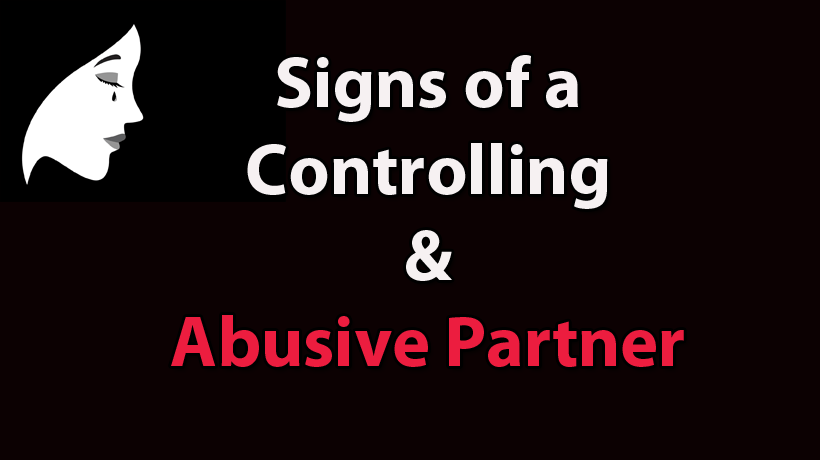One of the most painful things you can do is to love someone incapable of loving you back. Here are some ways to spot the signs of a toxic partner.
Score Keeping
Mild scorekeeping is normal in any relationship says licensed psychologist Dr. Bernstein, however unhealthy scorekeeping is problematic, especially when it is one-sided. A manipulative partner will keep track of every favor and bring them up whenever they need to shift negative attention away from themselves.
Guilt
A controlling partner’s best tool is guilt, according to clinical psychologist Dr. Andrea Bonior because it requires the other person to give up power or do what is necessary to resolve their guilty feelings. Skilled manipulators know how to influence their partner’s emotions to get what they want.
Emotional
Blackmail
Darlene Lancer, a life coach and hypnotherapist suggests emotional
blackmail is a way manipulative partners use, “rage, intimidation, threats, shame,
or guilt,” as a form of control. Lancer says this creates self-doubt that makes
the other person feel insecure and more susceptible to their partner’s
suggestions.
Isolation
According to Dr. Bonior, isolation serves the purpose of cutting someone off
from their support networks, and therefore their strength. If the manipulator
is the only person they can rely on, it makes them less willing to be at odds
with them, and more eager to resolve disputes even at a cost to
themselves.
Cutting
Off Growth
Dr. Bonior says a controlling partner needs their partner to rely on them, and
they might do this by convincing them to ignore their goals. For example, if
one partner has dreams of grad school, the manipulator might try to convince
them that their grades are not good enough. The purpose is to plant seeds of
doubt in their mind so they choose to abandon their goals and see their
manipulators as their only means for stability.
Every relationship is different, but the compromises and sacrifices should be mutual, so if you feel as though they are one-sided, it is important to think about your future and decide your healthiest next step.
https://www.psychologytoday.com/us/blog/liking-the-child-you-love/201709/3-signs-scorekeeping-is-destroying-your-relationship
https://www.psychologytoday.com/us/blog/friendship-20/201506/20-signs-your-partner-is-controlling
https://www.psychologytoday.com/us/blog/toxic-relationships/201704/are-you-being-manipulated



